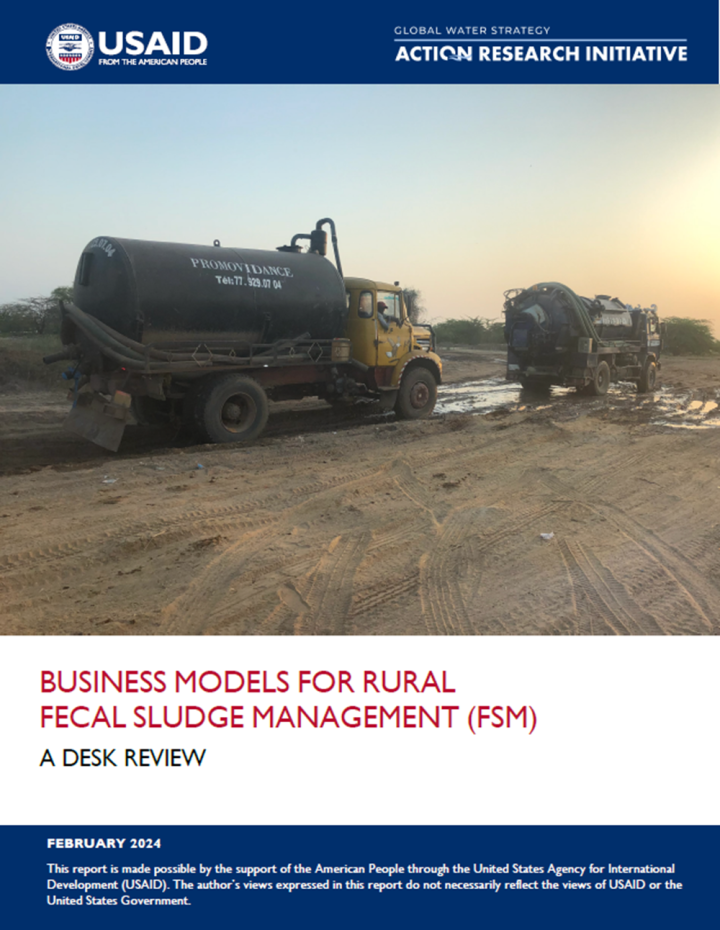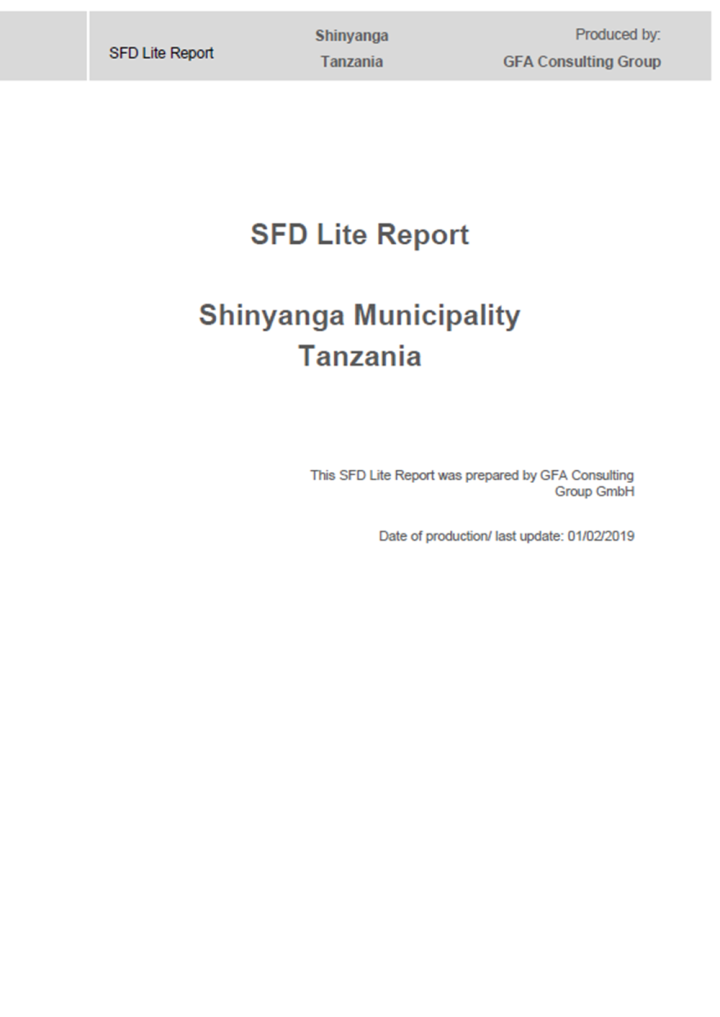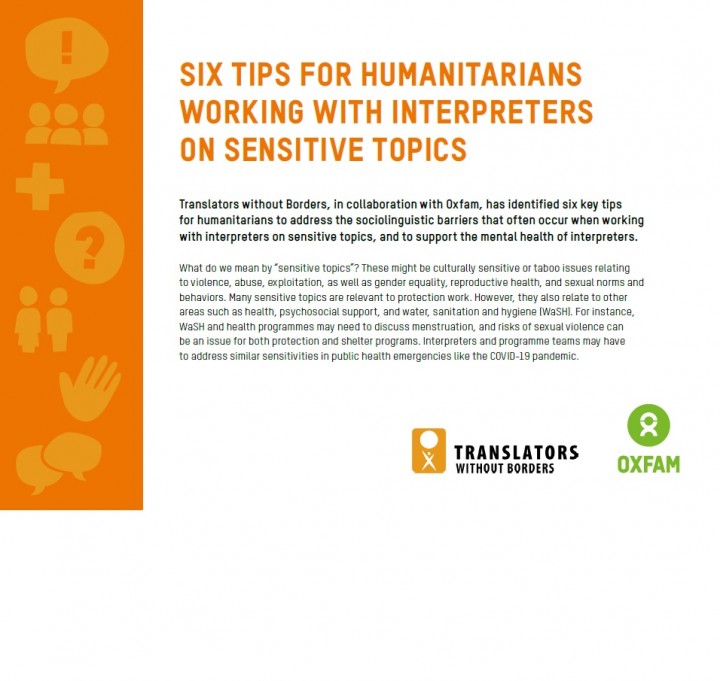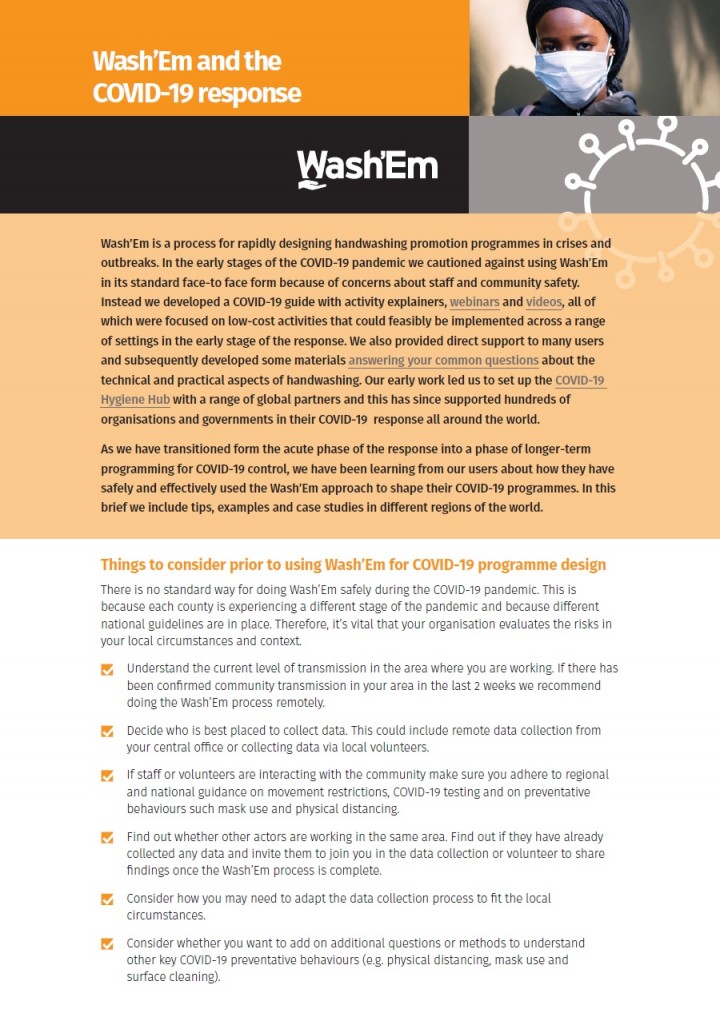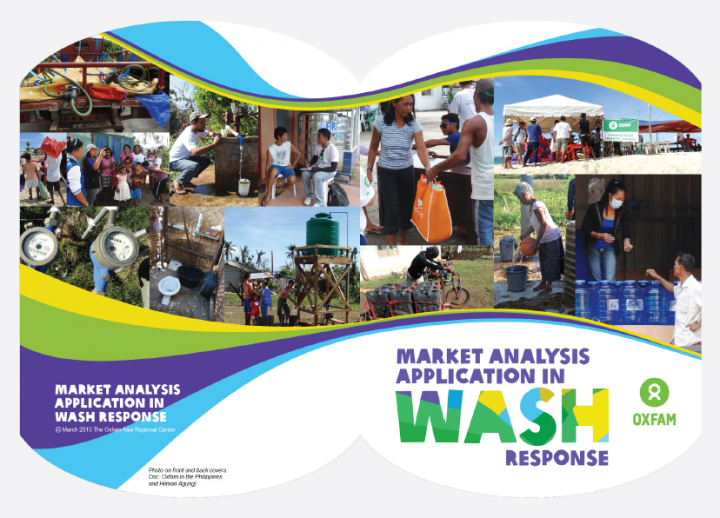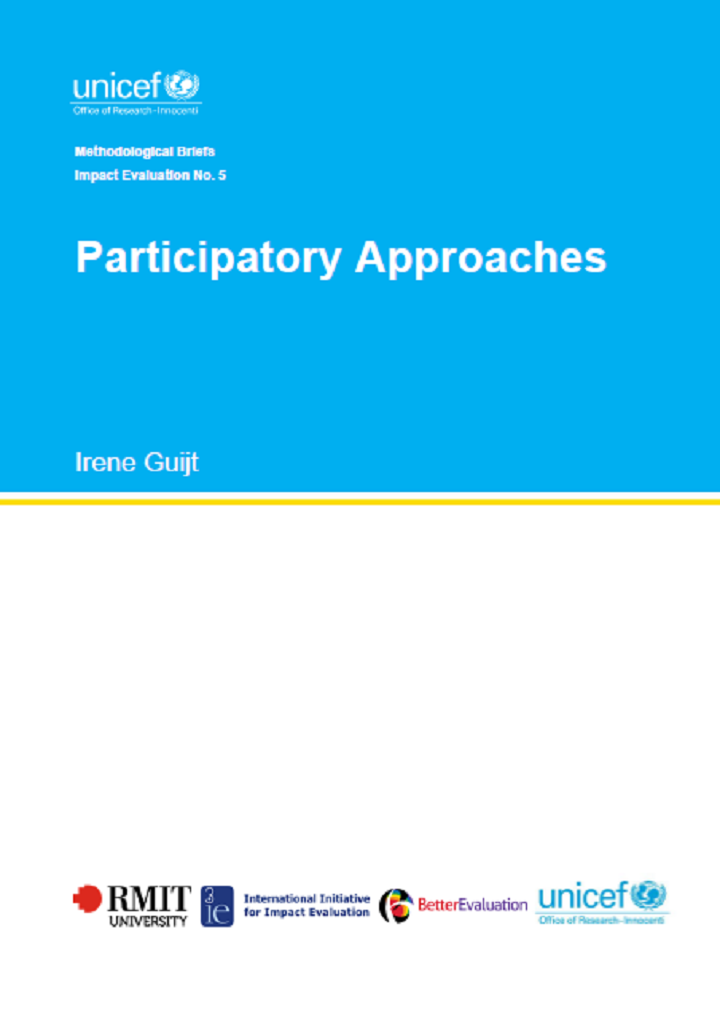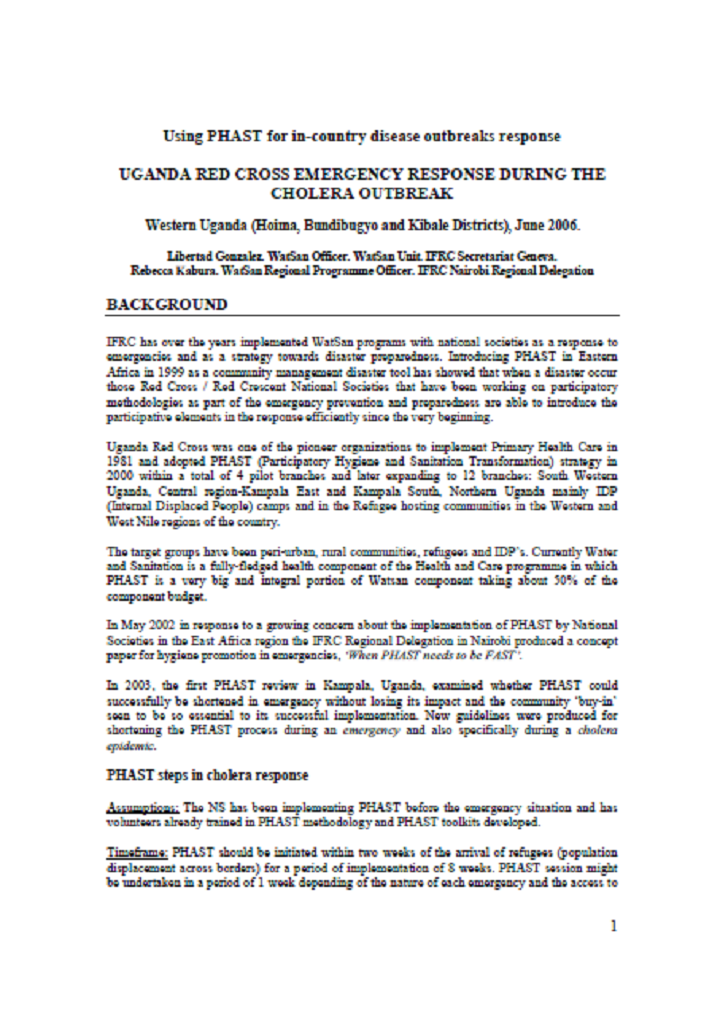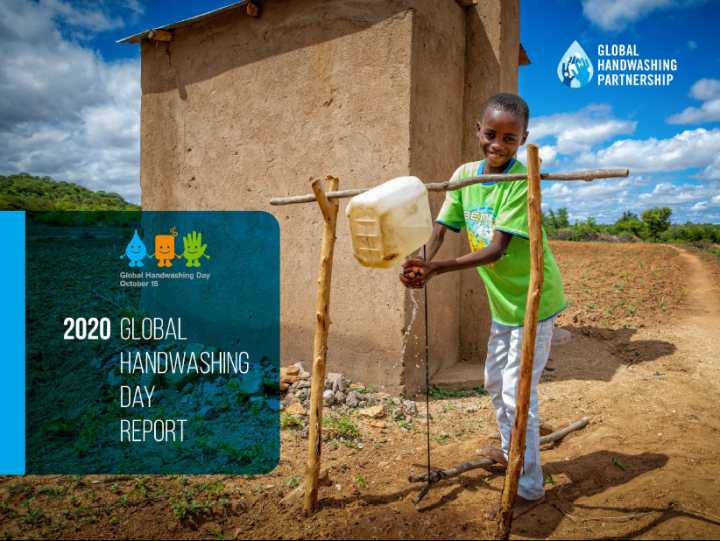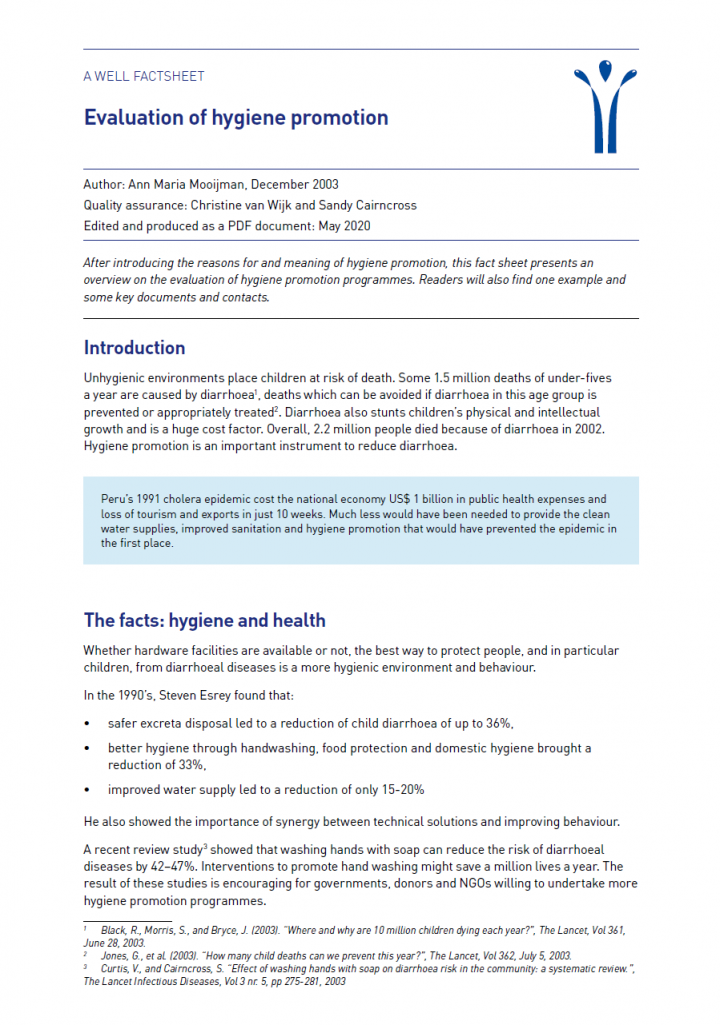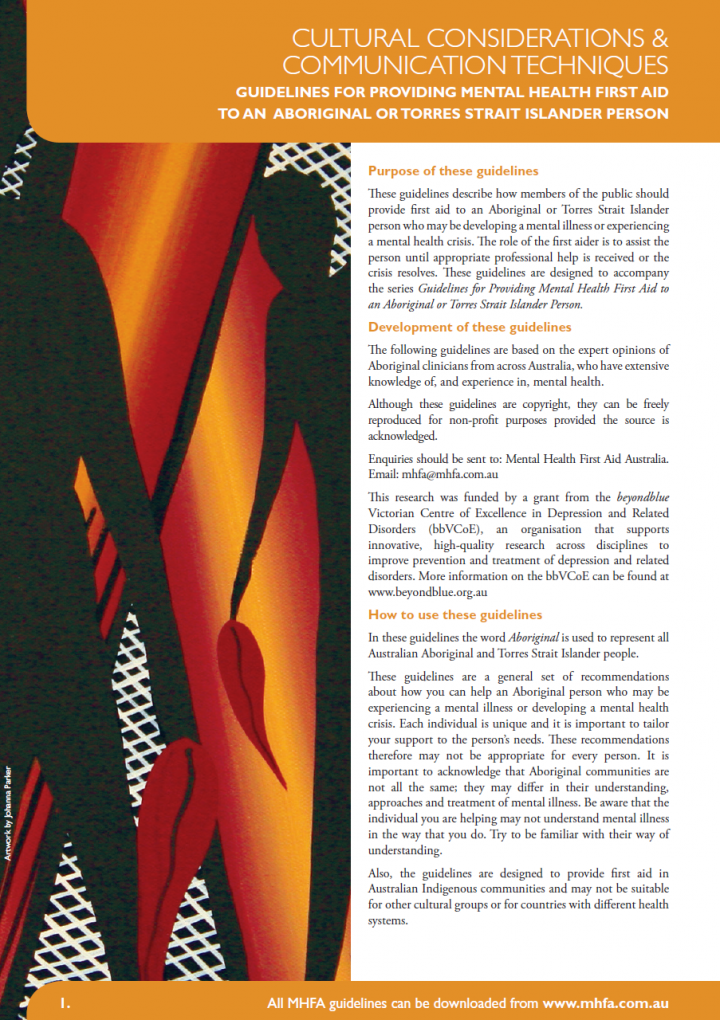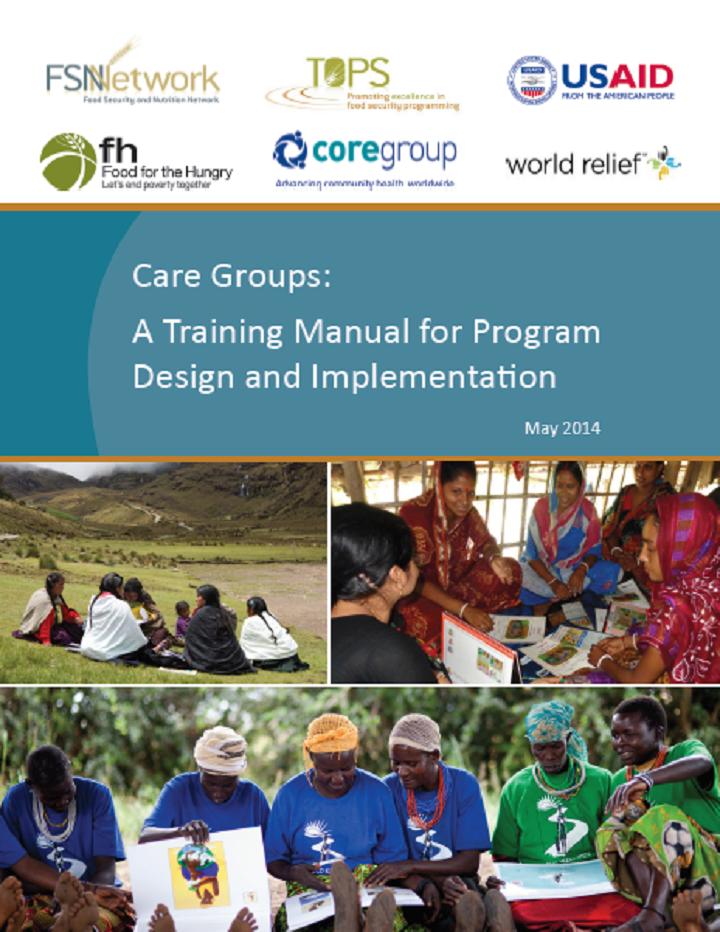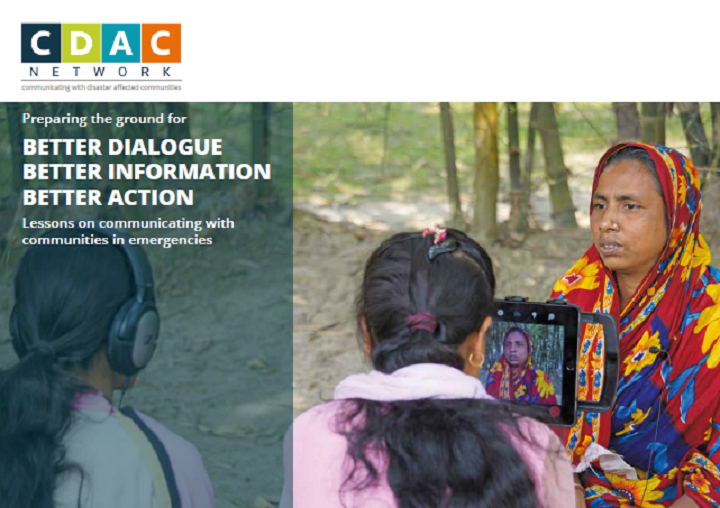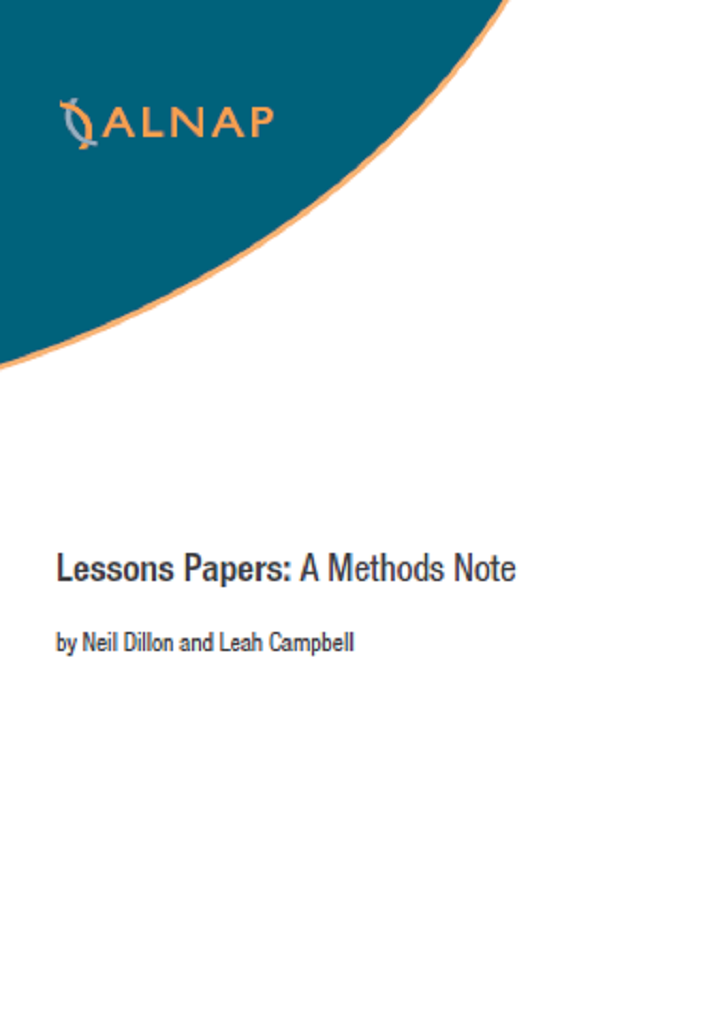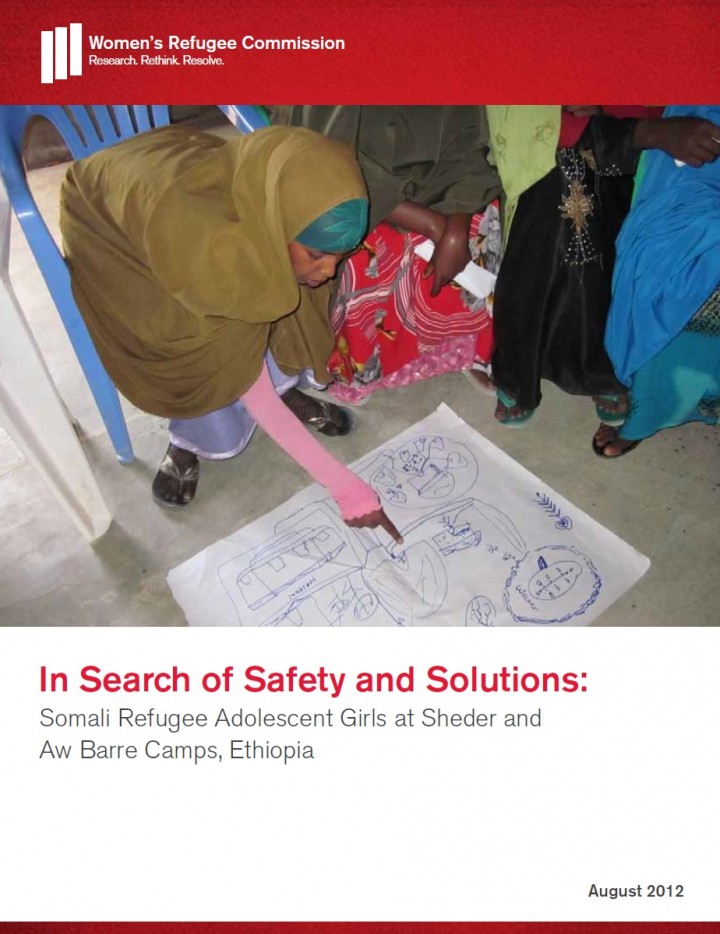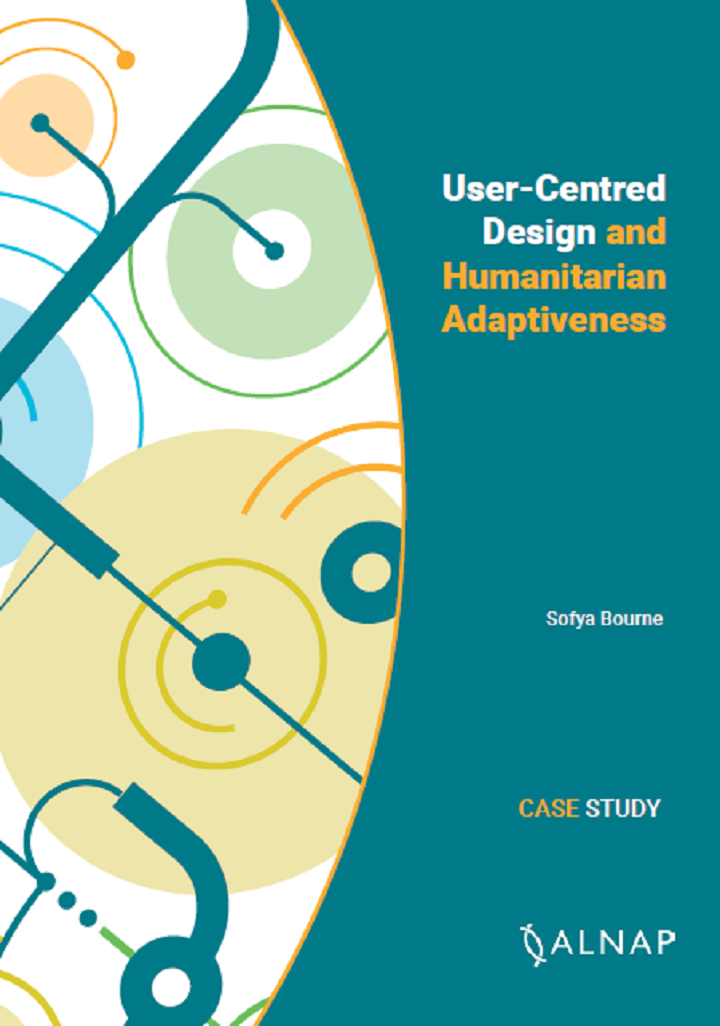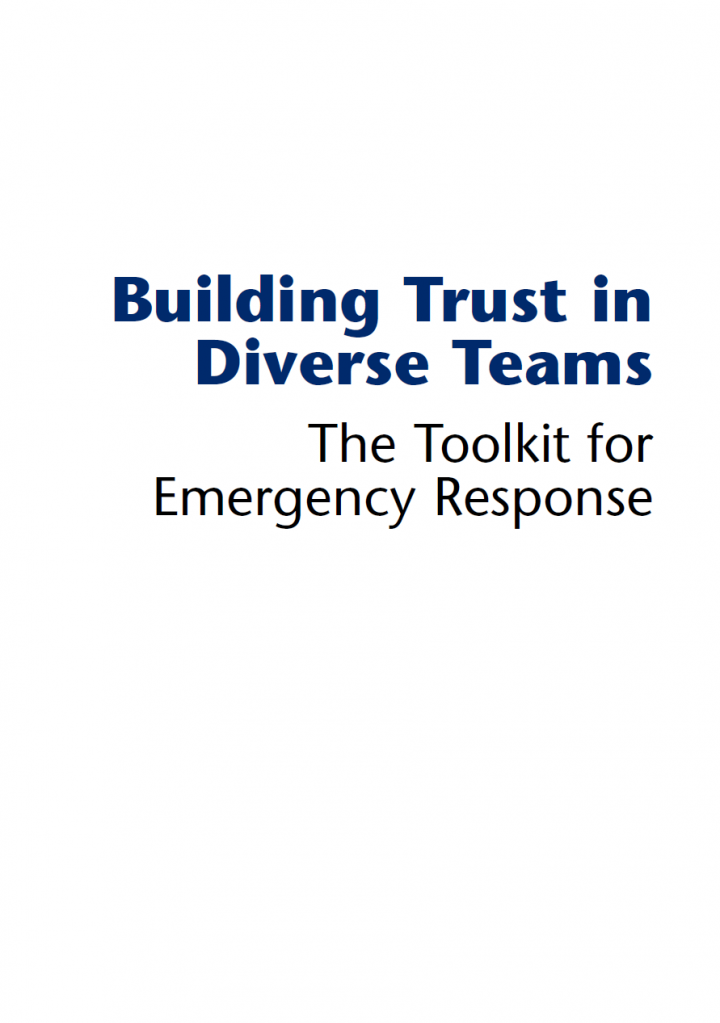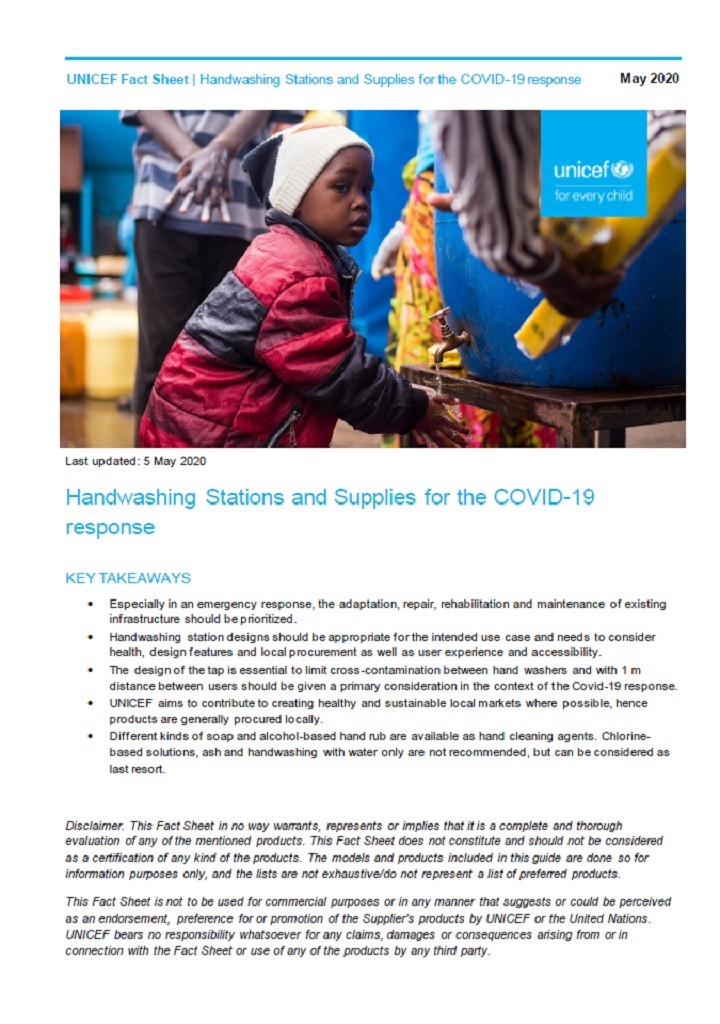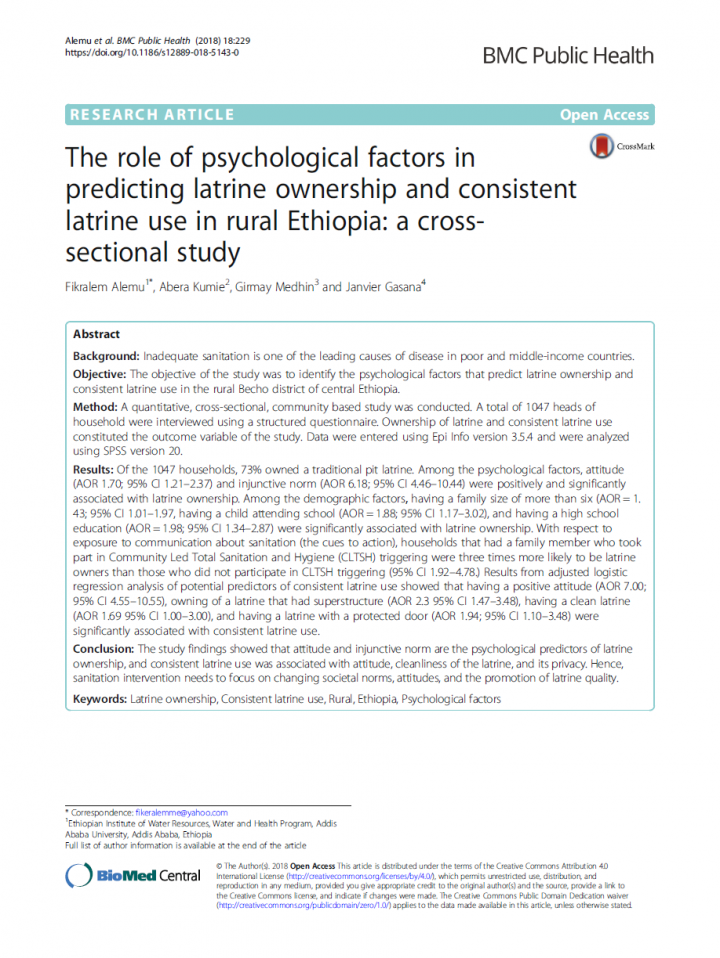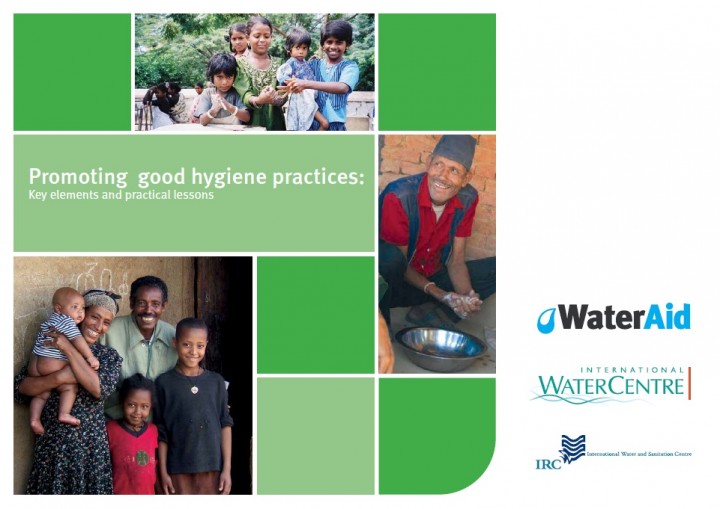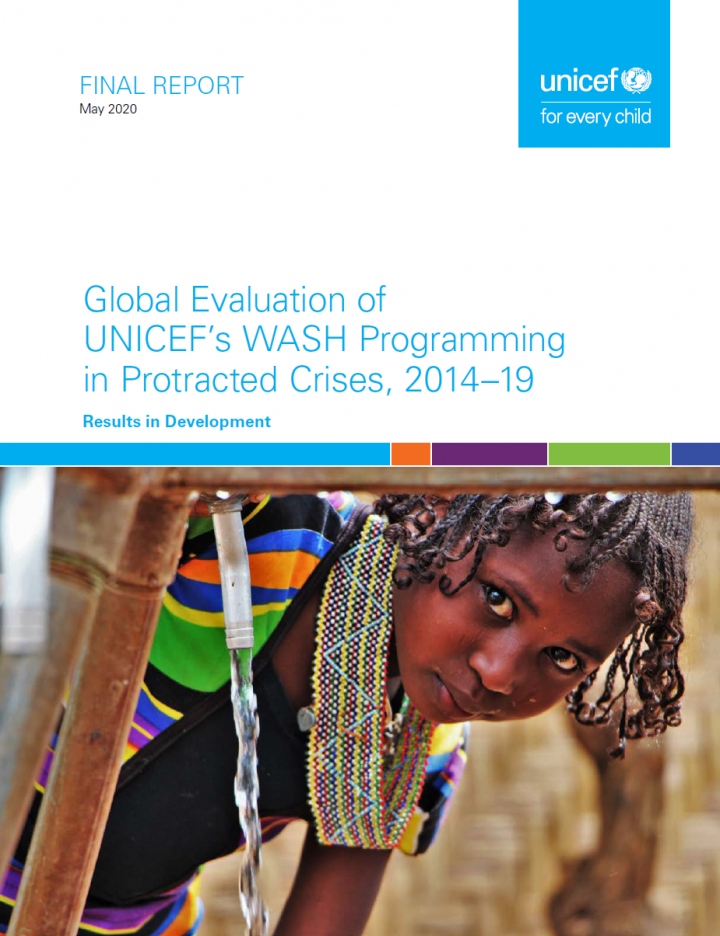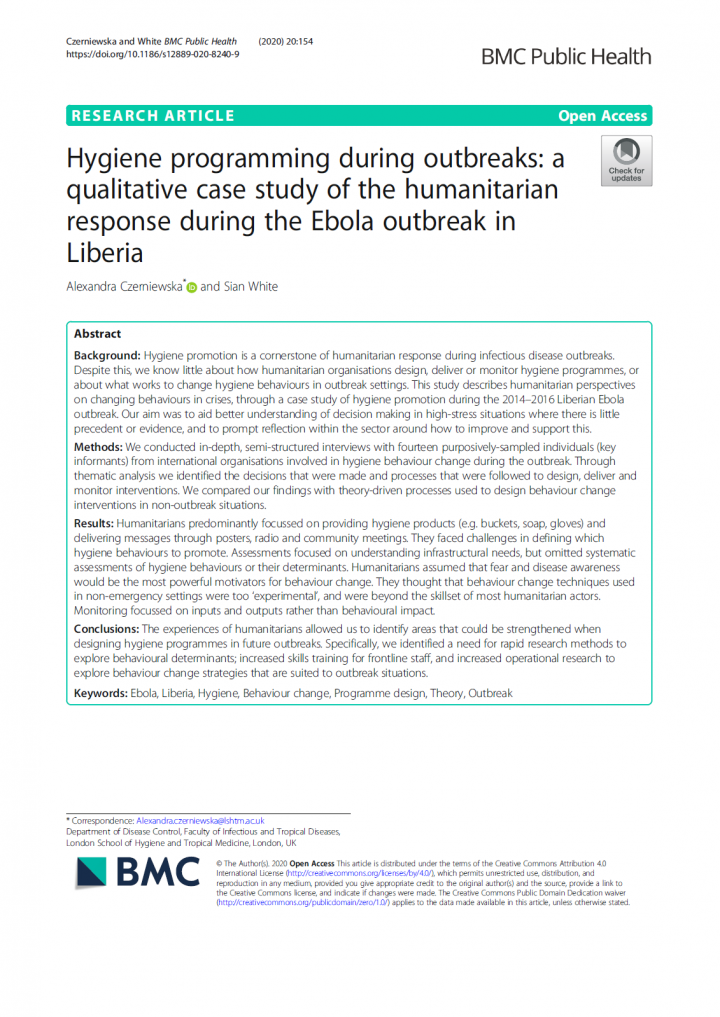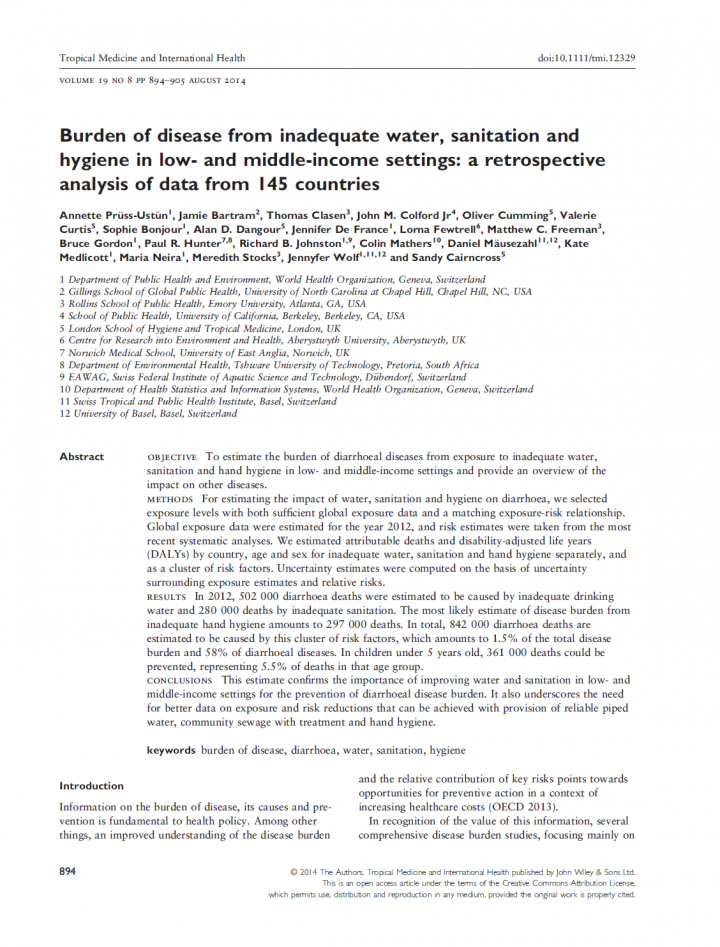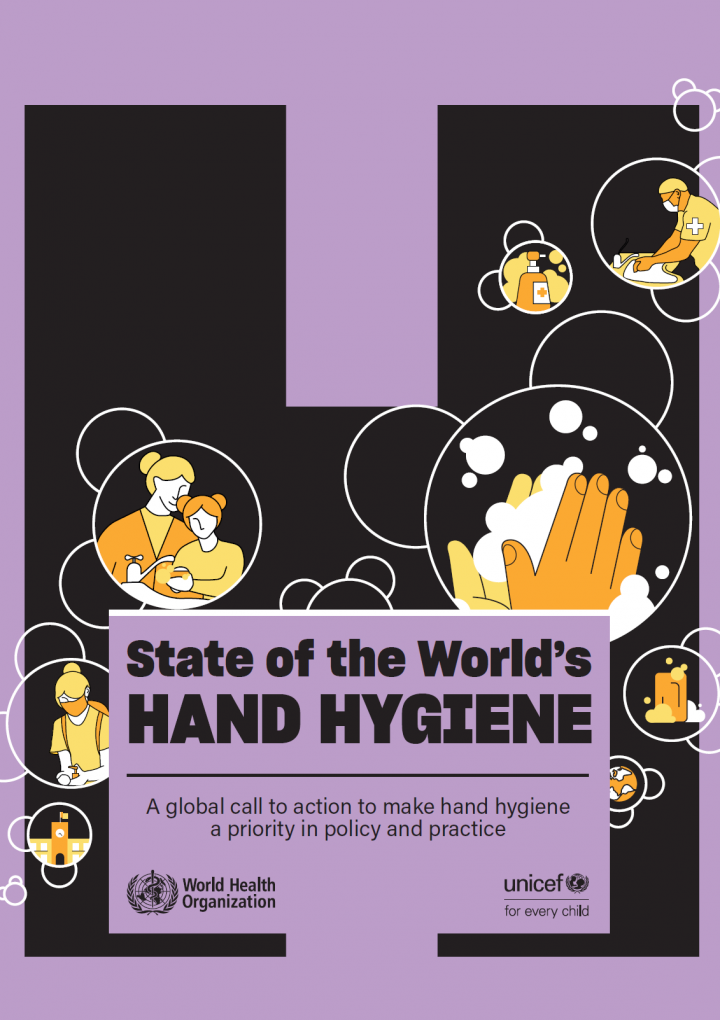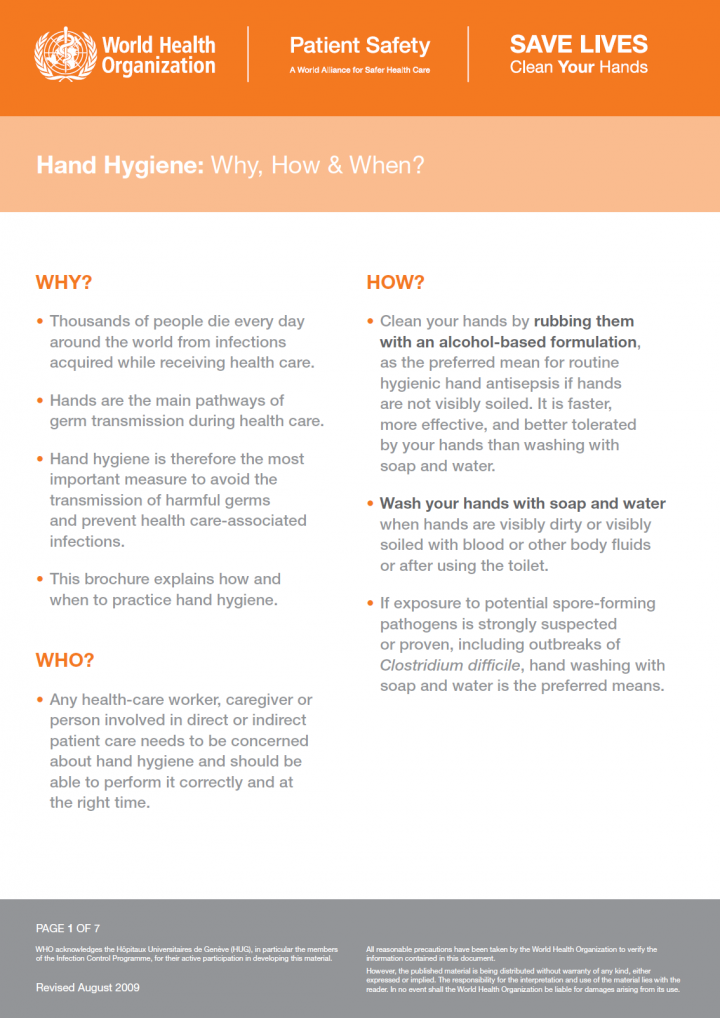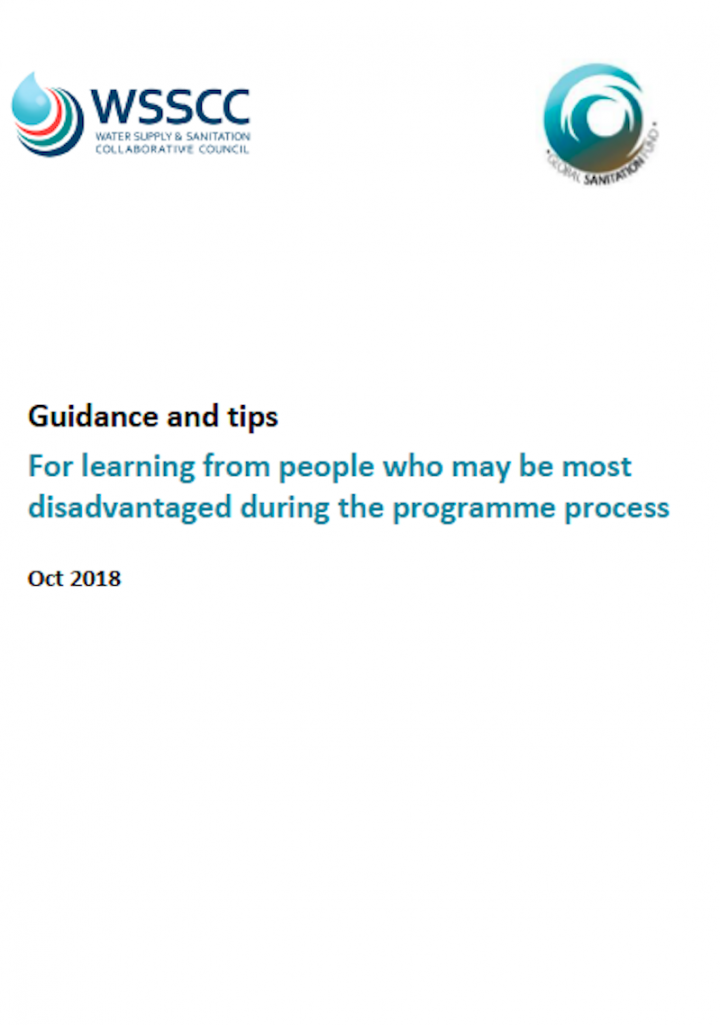Searching for information on Sanitation Workers?
The Sanitation Workers Knowledge + Learning Hub is the best source for all current news, trends, articles and updates on sanitation workers rights around the world.
Over the last decade, basic sanitation coverage in rural areas of low- and middle-income countries has progressed significantly, especially in Asia. Sustaining those resulting gains in human, environmental, and community health, all while progressing toward targets of Sustainable Development Goal 6, requires safely managing the fecal sludge generated in on-site sanitation systems.
When …
Shinyanga Municipality is the headquarters of Shinyanga Region and is in the northern area of Tanzania. It lies between latitudes 30 30' and 30 45' South and longitudes 330 20’ and 330 35’ East, about 1,000 kilometres from Dar es Salaam and 165 kilometres from Mwanza City.
According to Tanzania’s National Bureau of Statistics (NBS, 2018), the projected population of Shinyanga …
Unhygienic environments place children at risk of death. Some 1.5 million deaths of under-fives a year are caused by diarrhoea, deaths which can be avoided if diarrhoea in this age group is prevented or appropriately treated. Diarrhoea also stunts children’s physical and intellectual growth and is a huge cost factor. Overall, 2.2 million people died because of diarrhoea in 2002. Hygiene …
These guidelines describe how members of the public should provide first aid to an Aboriginal or Torres Strait Islander person who may be developing a mental illness or experiencing a mental health crisis. The role of the first aider is to assist the person until appropriate professional help is received or the crisis resolves. These guidelines are designed to accompany the series Guidelines for …
This manual was developed as a training resource for designing, training, implementing and monitoring Care Group (CG) programs. It seeks to help CG approach implementers to clearly understand the structure of the CG approach, how to establish CGs, how to monitor the work of CGs and assess their impact, and how to maintain the quality of the approach through supportive supervision and quality …
This Methods Note proposes a revised methodology for future ALNAP Lessons Papers. It seeks to improve the rigour of the research methods used to generate them, while maintaining the broad research questions and inclusive approach to grey literature review.
This Methods Note is aimed primarily at the ALNAP Secretariat and authors of future Lessons Papers. It should be used to guide the definition …
The Women’s Refugee Commission completed a research mission to the Jijiga Somali refugee camps in Ethiopia in April 2012. The research mission was the first of three such missions, which are part of a threeyear global advocacy research project aimed at enhancing the safety and resilience of adolescent girls ages 10 to 16. The purpose of the three-week visit to Ethiopia was to assess Somali …
Gathering and acting on feedback from affected communities is a key means to identify potential triggers for change during the design and implementation of humanitarian programmes. This study is focused on user-centred design (UCD), an approach often used outside the humanitarian sector to design products and services that are tailored to the needs and preferences of end-users and are created …
What is trust? Why is it important in emergency-response teams? Humanitarian practitioners identify trust as one of the most important factors in launching timely and effective emergency responses.
Building Trust in Diverse Teams can be used throughout the cycle of an emergency response and features a Trust Index, to assess and measure trust within diverse teams, and ten trust-building tools …
Handwashing with soap, when done correctly, is critical in the fight against COVID-19, but 3 billion people have no ready access to a place to wash their hands with soap at home. WHO released interim guidance on 1 April 2020, recommending to all Member States to make hand hygiene facilities in front of public and private commercial buildings as well as at all transport hubs obligatory. In …
The objective of this compilation is to strengthen the capacity of organisations to design and deliver effective hygiene promotion programs leading to the improved health of communities.
This compilation of three keynote papers and 31 case studies searches for answers to the question: What makes hygiene promotion work? The case studies are written by authors from a wide variety of organisations …
This Global Evaluation of UNICEF’s WASH Programming in Protracted Crises (WiPC) is the first UNICEF global thematic evaluation focusing specifically on protracted crisis contexts.This evaluation provides both accountability for UNICEF’s perfor- mance as well as learning and practical solutions for adapting WASH programming and ways of working to better meet the unique challenges of providing …
Hygiene promotion is a cornerstone of humanitarian response during infectious disease outbreaks. Despite this, we know little about how humanitarian organisations design, deliver or monitor hygiene programmes, or about what works to change hygiene behaviours in outbreak settings. This study describes humanitarian perspectives on changing behaviours in crises, through a case study of hygiene …
Objective
To estimate the burden of diarrhoeal diseases from exposure to inadequate water, sanitation and hand hygiene in low- and middle-income settings and provide an overview of the impact on other diseases.
Methods
For estimating the impact of water, sanitation and hygiene on diarrhoea, we selected exposure levels with both sufficient global exposure data and a matching exposure-risk …
The simple act of cleaning hands can save lives and reduce illness by helping prevent the spread of infectious diseases. During the COVID-19 pandemic, hand hygiene received unprecedented attention and became a central pillar in national COVID prevention strategies. However, both access to the facilities to practice hand hygiene and support for the behaviours required are missing in many settings. …
A practical guide for the Global Sanitation Fund (GSF) supported programme teams and Community Led Total Sanitation (CLTS) facilitators on how to collect information related to Equality and Non-Discrimination (EQND) at community level, and in particular to learn from people who may be disadvantaged. This guide provides insights into the key ethics principles for information gathering and …

